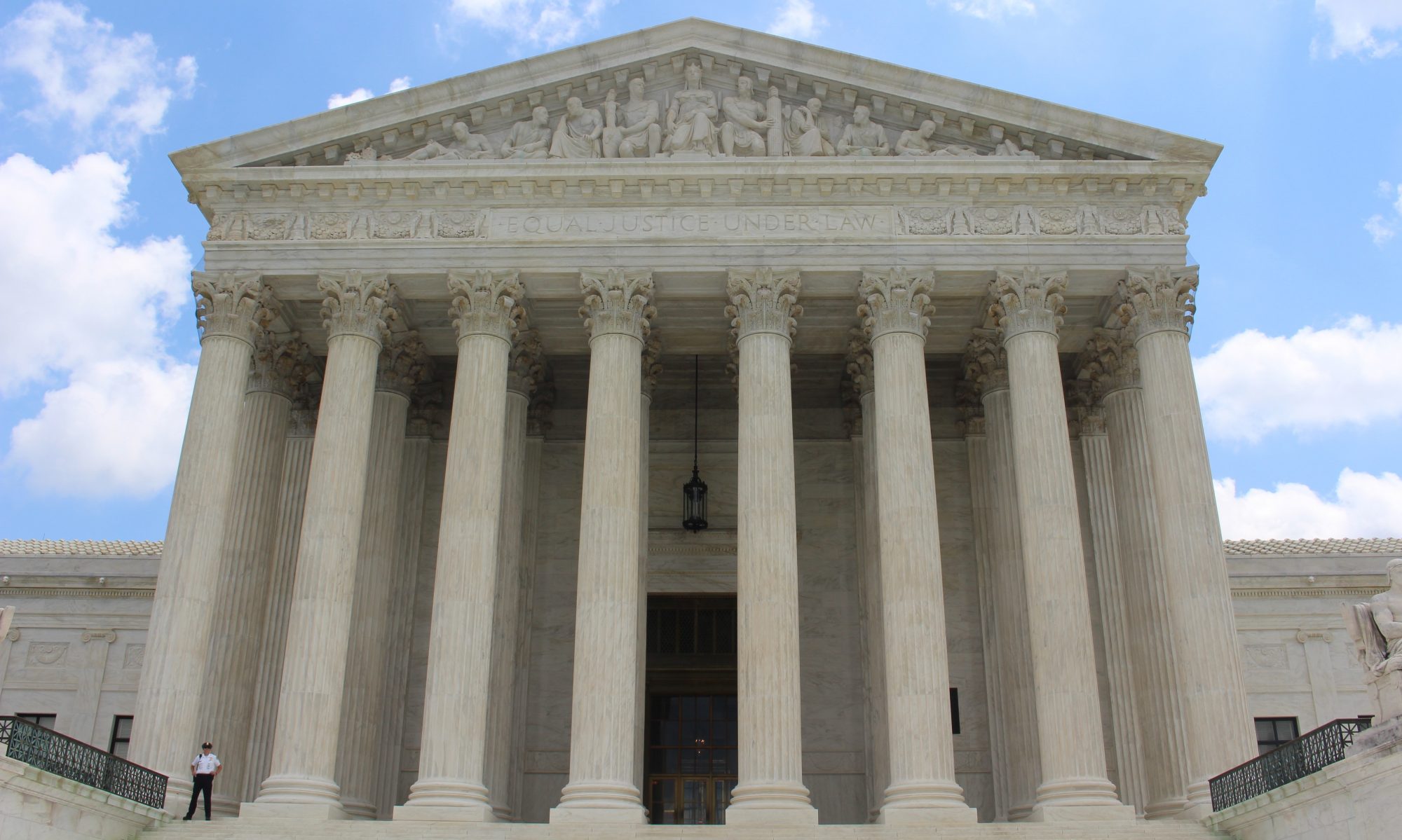Sexual harassment in housing is a significant national problem. Although less visible than the comparable problem in employment, sexual harassment in housing may be as prevalent and probably more devastating to its victims. Nevertheless, relatively little attention has been paid to this issue or to the law that should govern it. Indeed, the law of sexual harassment in housing developed well after and in virtual lock -step with the law of sexual harassment in employment. Thus, courts have simply interpreted the Fair Housing Act (FHA) to prohibit sexual harassment to the same degree-and only to the same degree-as it is prohibited in employment by Title VII of the 1964 Civil Rights Act. This is inappropriate. It is true that the FHA contains a “terms and conditions” provision that parallels the one in Title VII that has been the key to sexual harassment law in employment. But the FHA also contains an additional provision-§ 3604(c)-that bans sexually discriminatory statements in a way that goes well beyond its Title VII counterpart. The availability of § 3604(c) as an additional weapon in the arsenal against sexual harassment in housing-and its lack of use by courts and litigants is the subject of this Article.
Recommended Citation: Robert G. Schwemm & Rigel C. Oliveri, A New Look at Sexual Harassment under the Fair Housing Act: The Forgotten Role of § 3604(c), 2002 Wis. L. Rev. 771 (2002).
